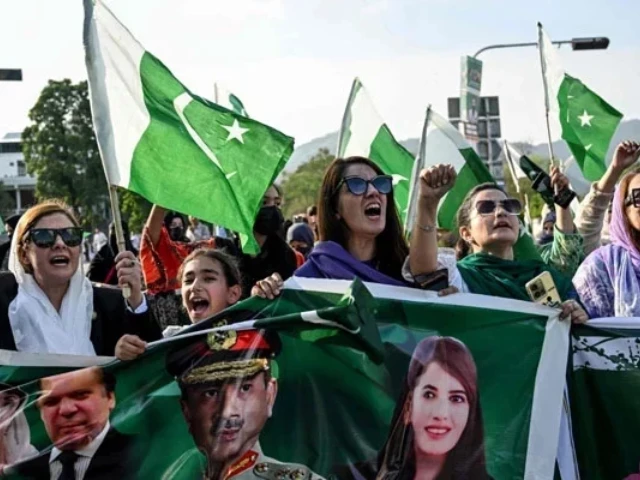Pakistan observes 'Youm-e-Tashakur' to celebrate 'Operation Bunyan-un-Marsoos' success
Youm-e-Tashakur ceremonies are underway nationwide

Pakistan is observing Youm-e-Tashakur today, as declared by Prime Minister Shehbaz Sharif, in recognition of the armed forces’ response to recent Indian aggression and the success of 'Operation Bunyan-un-Marsoos'.
A statement from the Media Wing of the Prime Minister’s Office said the operation delivered a strong and coordinated response that demonstrated Pakistan’s superiority on all fronts. Youm-e-Tashakur ceremonies are underway nationwide to offer thanks to Allah Almighty, honour the valour of military personnel, and reaffirm national unity.
In his statement, the prime minister urged citizens and religious scholars to hold collective Nawafil (voluntary prayers) and special supplications for the martyrs and veterans who took part in the operation.
He emphasised that the nation will never forget the sacrifices of the armed forces and affirmed public solidarity with the military.
Nuclear-armed Pakistan and India stood on the edge of full-scale conflict after days of escalating tensions— until US President Donald Trump announced both nations had agreed to an "immediate and full ceasefire."
Soon, Islamabad and New Delhi confirmed the agreement to immediately halt all military activities.
Tensions between both countries escalated after the April 22 attack in Pahalgam, Indian Illegally Occupied Jammu and Kashmir (IIOJK), which killed 26 people. India blamed Pakistan-based elements for the assault but provided no evidence. Islamabad strongly denied the allegations.
Read more: Pakistan and India agree to immediate ceasefire
On April 23, India closed the Wagah border crossing, revoked Pakistani visas, and announced the suspension of the Indus Waters Treaty. Pakistan condemned the move as an “act of war” and responded by sealing the Wagah border from its side.
The confrontation then erupted on May 6–7 as India launched its attack against Pakistan, that spiralled into the gravest military clash between the neighbors in decades. Dozens were killed before diplomacy prevailed.
Despite repeated warnings from the Pakistani government, India, fueled by its media's war-driven rhetoric, continued provocative actions, including frequent drone incursions, which ultimately prompted Pakistan to retaliate.























COMMENTS
Comments are moderated and generally will be posted if they are on-topic and not abusive.
For more information, please see our Comments FAQ